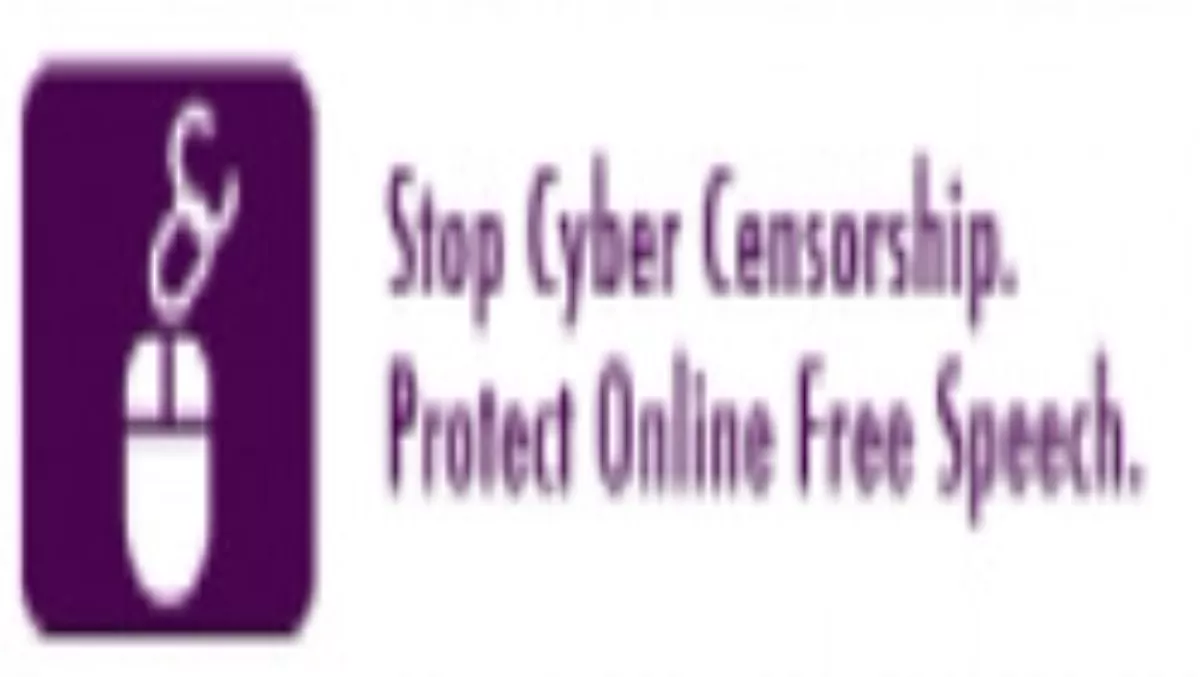
The Net's enemies named
Australia is being monitored by anorganisation dedicated to freedom of information, because of its plans tointroduce compulsory Internet filtering. New Zealand, however, is listed ashaving a “good situation” (a voluntary system aimed at filtering child abusesites has just been implemented here).
Reporters without Borders has launched World Day AgainstCyber Censorship, a global event designed to raise awareness of censorship onthe Internet. The organisation marked the occasion by issuing its latest listof ‘Enemies of the Internet’. This list points the finger at countries such asIran, China, Saudi Arabia, Vietnam and Tunisia that restrict online access andharass their online communities. A list of countries that have been placed“under surveillance” for displaying a disturbing attitude towards the Internetwas also released.
“In 2009, some 60 countries experienced a form of Webcensorship, which is twice as many as in 2008,” Reporters Without Borders saidin a statement. “The World Wide Web is being progressively devoured by theimplementation of national Intranets whose content is ‘approved’ by theauthorities.
“Netizens are being targeted at a growing rate. For thefirst time since the creation of the Internet, a record number of close to 120bloggers, Internet users and cyberdissidents are behind bars for havingexpressed themselves freely online. The world’s largest netizen prison is inChina, which is far out ahead of other countries with 72 detainees, followed byVietnam and then by Iran, which have all launched waves of brutal attacks onwebsites in recent months.
“More and more states are enacting or considering repressivelaws pertaining to the Web, or are applying those that already exist, which isthe case with Jordan, Kazakhstan, and Iraq. Western democracies are not immunefrom the Net regulation trend. In the name of the fight against child pornographyor the theft of intellectual property, laws and decrees have been adopted, orare being deliberated, notably in Australia, France, Italy and Great Britain.On a global scale, the Anti-Counterfeiting Trade Agreement (ACTA), whose aim isto fight counterfeiting, is being negotiated behind closed doors, withoutconsulting NGOs and civil society. It could possibly introduce potentiallyliberticidal measures such as the option to implement a filtering systemwithout a court decision.
“The ‘Enemies of the Internet’ list drawn up again this yearby Reporters Without Borders presents the worst violators of freedom ofexpression on the Net: Saudi Arabia, Burma, China, North Korea, Cuba, Egypt,Iran, Uzbekistan, Syria, Tunisia, Turkmenistan, and Vietnam.
“Some of these countries are determined to use any meansnecessary to prevent their citizens from having access to the Internet: Burma,North Korea, Cuba, and Turkmenistan - countries in which technical andfinancial obstacles are coupled with harsh crackdowns and the existence of avery limited Intranet. Internet shutdowns or major slowdowns are commonplace inperiods of unrest. The Internet’s potential as a portal open to the worlddirectly contradicts the propensity of these regimes to isolate themselves fromother countries.
“Among the countries ‘under surveillance’ are severaldemocracies: Australia, because of the upcoming implementation of a highlydeveloped Internet filtering system, and South Korea, where draconian laws arecreating too many specific restrictions on Web users by challenging theiranonymity and promoting self-censorship.”
The full report can be read here.

